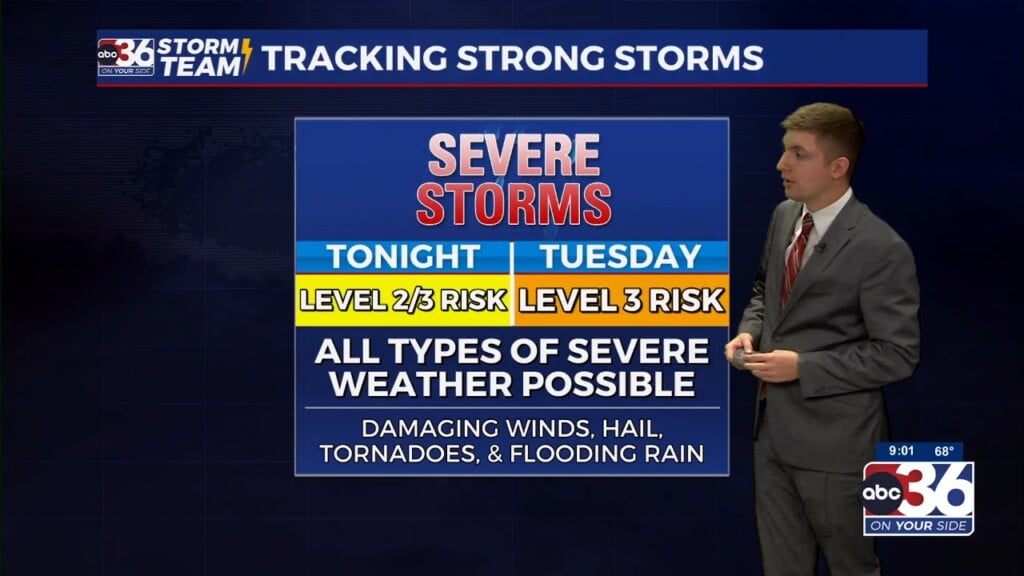FBI needs help locating around 250 teen victims of sexual blackmail.
Ashley Reynolds, a victim of sextortion, was targeted by Lucas Chansler when she was 14 and came forward with her story in the hopes that other girls won’t make the same mistakes.
26-year-old Lucas Michael Chansler had contacted her, claiming to be a 15-year-old boy with embarrassing sexual pictures of her. He threatened to publicly post those images to her social media accounts, unless she sent him a topless picture first. Without considering the consequences, she sent a picture.
Thus began months of harassing messages, with demands escalating in perversion, the threat of public humiliation and a shattered reputation hanging over her head.
“I just remember breaking down and crying, trying to get my dad not to call the police,” Ashley said, after her parents stumbled across the pictures. “I tried to think rationally, like this guy was threatening me. But I sent him the pictures, so that’s breaking the law, isn’t it? I am under age and I am sending him naked pictures of me. I didn’t want to go to jail.”
Lucas Chansler was sentenced to 105 years in prison after pleading guilty to child pornography using this method. FBI said they executed a search warrant, and found folders of pictures, videos, and personal information of nearly 350 young teenage girls on his home computer.
When FBI agents interviewed Chansler about why he chose this age group, he commented that older girls wouldn’t fall for his ploy.
Meyer and the Jacksonville Crimes Against Children Task Force have been looking over the pictures since Chansler was arrested, combing through for details that might reveal the victim’s identities so they could reach out. While Ashley Reynolds was able to get support from her parents and move forward, some of the identified teenage victims had dropped out of school, or ended their own lives.
“It’s important that we find these girls so that they don’t have to be looking over their shoulder, wondering if this guy is still out there and is he looking for them and is he going to be coming back,” Meyer explained, adding that “some of these girls, now young women, need assistance. Many probably have never told anyone what they went through.”
Meyer noted that Ashley was brave to come forward, and had a supportive family. Some of the girls were not so lucky.
When Meyer began working with the department, he said they visited freshman and sophomore high school classes to talk about internet safety. “Now we are going to fourth and fifth grades, because kids are getting on the internet at younger ages.” He added that it only takes a few seconds of thoughtlessness nowadays, to send an inappropriate picture over the internet.
Once it’s on the internet, you lose all control over it.
Ashley Reynolds said she hoped that her story would resonate with young girls. “If it hits close to home, maybe they will understand. High school girls never think it will happen to them.” She said, “I never thought this would happen to me.”
What can we do?
As technology use changes, the methods of abuse change as well. Prevent Child Abuse Kentucky released a safety toolkit, to help parents and teens.
Set guidelines right from the start, about the information they should avoid posting. Full names, home address, school name, phone numbers, and other personal information should be off-limits, even if they become friends with the person. Explain why this is important.
Teach your children about strategies that predators use – Many do not lie about their age or identity, instead treating their target with kindness, giving attention, affection, sometimes even gifts. They often invest considerable time and energy into targeting their victims, slowly easing sexual content into conversations or, in the case of sextortion, using one moment of weakness during what seems to be a friendly encounter to blackmail and harass.
Be frank with lifetime consequences of sharing sexual content – especially as a minor – online. Don’t post any pictures that you wouldn’t want your grandmother to see, advised PCAKY.
Have a plan or agreement between parents and children to deal with uncomfortable or unsafe issues – even if it was a broken rule that created the unsafe situation. “One of the common denominators in the Chansler case,” Meyer noted, “was that parents wished their daughters had told them sooner. They were very understanding and sympathetic. They realized their child was being victimized.”
List of Lucas Chansler’s usernames and emails
Confidential questionnaire if you or someone you know has been victimized by Chandler
For more information about Sextortion
FBI’s article about Ashley Reynolds and Lucas Chansler
—
All information from FBI and Preventing Child Abuse Kentucky.




Leave a Reply